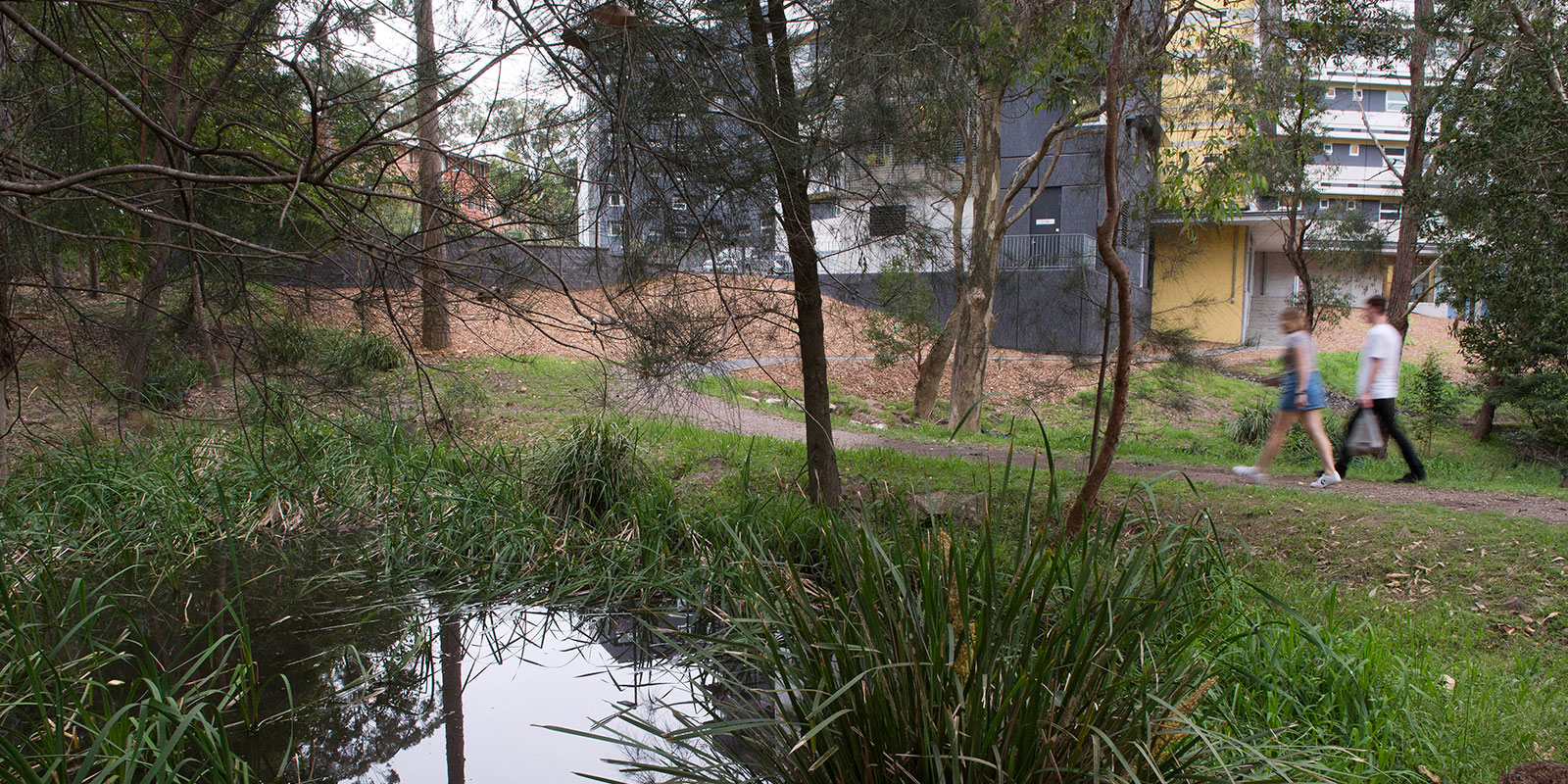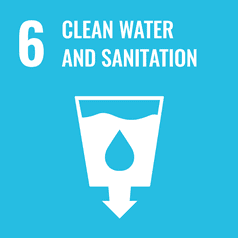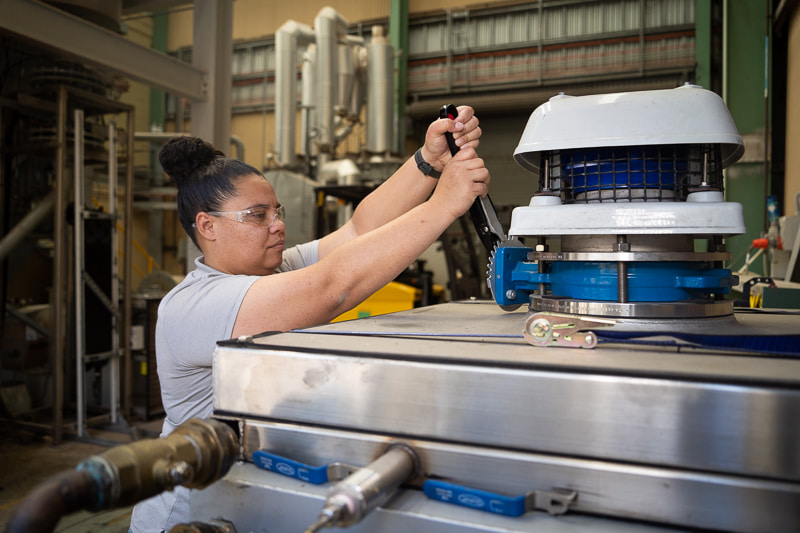

Goal 6:
Clean Water and Sanitation
Off-Campus Water Conservation Support
The University of Newcastle is committed to water conservation that extends beyond our campus boundaries through research, partnerships, and community engagement. We contribute to off-campus water conservation in the following ways:
- Collaborative Partnerships: The University works with external organisations such as Hunter Water to conduct water usage audits and promote efficient water management practices. These partnerships help improve water conservation strategies across the broader community.
- Research and Innovation: Through our research centres, including the Centre for Water, Climate and Land (CWCL), the University supports projects that address water sustainability challenges in regional and global contexts.
- Education and Outreach: The University plays a role in educating future leaders and professionals in water management, equipping them with the knowledge and tools to implement conservation strategies in diverse settings. Public seminars, workshops, and community programs further extend impact.
In 2024, the University unveiled the Hydro Harvester, an innovative atmospheric water generator capable of producing up to 1,000 litres of drinkable water per day from air. This technology uses solar thermal energy or waste heat to extract water, offering a low-cost, low-energy alternative to conventional systems. It is designed to operate in diverse environmental conditions and is being trialled in remote communities to support off-campus water resilience during droughts and emergencies.
Curious to see how the Hydro Harvester could perform in a location near you? The research team has developed an interactive map that allows you to visualise historical rainfall and humidity data from 2000-2021. Additionally, you can explore the potential water production, energy consumption, and electricity cost of the Hydro Harvester at 526 locations around Australia.

The ripple effect of drought
Dr Priscilla Tremain, a Research Associate in the CINET team, explains some of the science behind the Hydro Harvester technology and it's potential impact in this Hippocampus article.
Read here
The University of Newcastle acknowledges the traditional custodians of the lands within our footprint areas: Awabakal, Darkinjung, Biripai, Worimi, Wonnarua, and Eora Nations. We also pay respect to the wisdom of our Elders past and present.